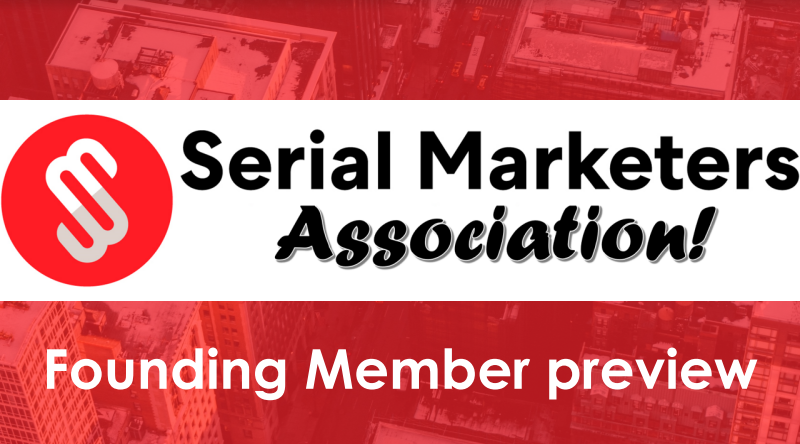I live-blogged this earlier in the day at the Social Media Week blog.
Let's meet our panel for today on Networked News Gatherers: Defining the Social Media Role, hosted by Time Inc:
- Moderator: Melissa Parrish, Director, Community Strategy for Lifestyle Digital, Time Inc
- Jennifer Preston, Social Media Editor, The New York Times
- Rachel Sklar, Business/Project Development, QAbrams Research and Writer for Mediaite (and she admitted she doesn&39;t know what Farmville is… so embarrassing)
- Cyndi Stivers, Managing Editor, EW.com
Question: How are you involved with using social media across your organization?
Jennifer&0160;(NYT): Twitter usage there started when one developer wanted NYT Twitter headlines on his phone. There&39;s a big team involved with a lot of different constituents across different departments.
Rachel&0160;(Abrams Research): I&39;ve learned a lot. There&39;s not much of a filter in what I post as my own brand in this space. &0160;"It&39;s very much an authenticity thing… and being conscious of the user experience as well." It was funny watching Huffington Post get fully on the Twitter bandwagon – at the Democratic National Convention, all I had time for was checking what was happening on Twitter. We&39;ve gotten to the point where we can use the word Twitter without flinching.
Cyndi: We have a really active community. We were on Facebook before it opened up. By summer of 2008 we were on Twitter – last year in January Twitter was 138 on the list of referring domains, and then by May it was number 7 (leveled off around number 5). We feel like a startup even at a huge company.
Question via Twitter: How is social media changing relationships people have with writes?
Rachel: You can update something very fast. Writers are called out publicly things.
Jennifer: It&39;s made a big impact in terms of crowdsourcing. Brian Stelter has been a real leader in the newsroom, showing colleagues how to use Twitter in a very effective way. In the newsroom, many journalists use Twitter. Beyond crowdsourcing and engaging with users, we found there&39;s tremendous benefit in using social media just to get into the real-time web. When Fort Hood broke, we put up a Twitter list, and on our Lede blog, we took content from the Twitter list and put it in a module. An important thing about journalists is trust – Ann Curry mentioned this at yesterday&39;s panel. In breaking news situations you need to provide real-time information but you have to verify it.
Question: What&39;s it like using social media in a crisis?
Jennifer: My first month I wanted to hide under my desk. I was learning in a very public way. Through colleagues and friends in the space I found these incredibly welcoming, helpful, kind people. &0160;… Instead of imposing many rules we&39;ve encouraged people to get out there and experiment and innovation.
Question: If you&39;re hiring for a position called a Social Media Editor or Social Marketing Manager, is it more important that they have personal experience in social media or that they have an editorial/web/print background?
Rachel: I&39;d say it all together would be perfect. The most important thing is enthusiasm. Understanding the rules of sharing is important but common sense is key.
Question: How do you determine the line between editorial use and promotional use?
Rachel: If we&39;re going to survive as an industry we need to figure out new models. Old models aren&39;t working. There have to be creative solutions. With the McFlurry scene in 30 Rock, I don&39;t know if it was paid for [it wasn&39;t – and it directly led me to buy a couple McFlurries – Ed.], but I didn&39;t care.
Cyndi: Didn&39;t help that it was funny? It&39;s not traditional advertising by any stretch.
Question: As editors, are you just as happy to get people talking even if it&39;s negative?
Rachel: When Mediait launched there was some perceived backlash due to some misconception. That never came to anything and is not attached to the brand but it drove me bananas. You also have to be careful how you respond. Monitoring how your brand is being perceived is important.
Jennifer: People have been talking about New York Times content for a very long time – the dinner table, water cooler, the horse and buggy. We want to be wherever that conversation is taking place.
Audience question: How will NYT&39;s plan to charge for content effect things?
Jennifer: The metered model won&39;t be put in place for another year. In that time, we&39;ll make sure the user experience in terms of the payment process will be frictionless. A lot has to be worked out. For people coming to our site through Twitter or Facebook or a recommendation that will stay open. [So that means just find what&39;s posted on Twitter everyone, and you don&39;t have to pay! Yeah, let&39;s see how long that lasts… -Ed.]
Question: Is the social media editor role here to stay?
Cyndi: Everyone needs to have those skills. Curiosity&39;s a trait of our business. It&39;s just another element in the toolkit, and I think it&39;s not going away.
Rachel: I think both – you have to do everything, and you have to promote your own stuff, but it takes time. The bigger you get the more you need that person.
Jennifer: [I missed the first part of her response due to my exceptionally loud sneeze. – Ed.] We&39;re turning over the keys to our different desks and they&39;ve done a fabulous job with Twitter, modules, etc. That&39;s the real challenge of a Social Media Editor – to push it out through your organization.







No Comments
Leave a comment Cancel